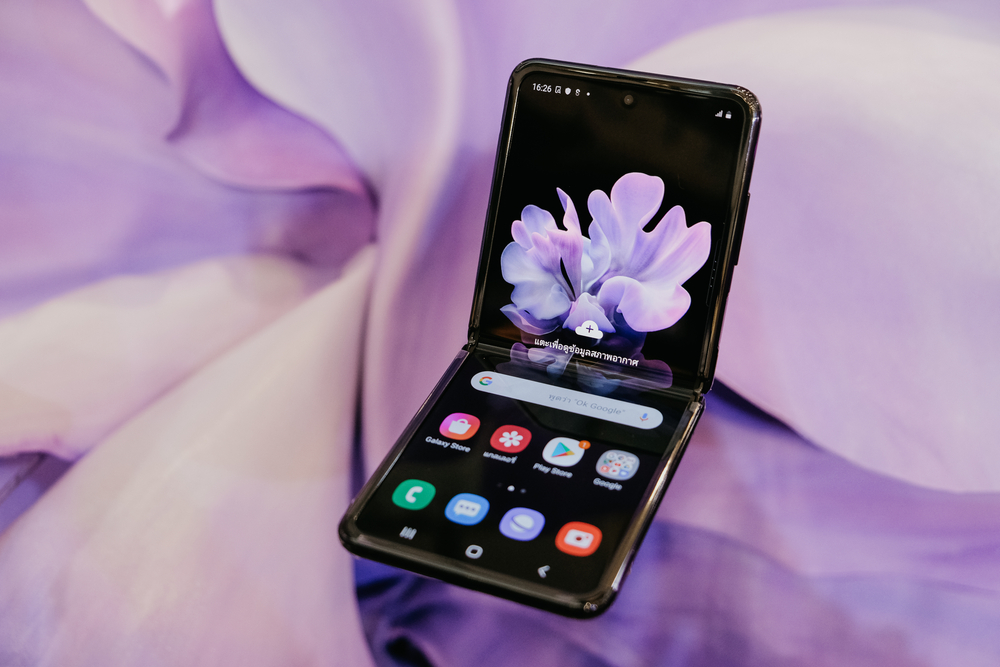Samsung has once again been crowned the top brand in Campaign Asia-Pacific and Nielsen's Asia's Top 1000 Brands report—representing its ninth straight year winning the top slot.
It’s been another year in which the South Korean electronics giant’s reputation has been marred by ongoing legal disputes involving its top executives, including de facto leader Lee Jae-yong. But it’s also been a year of flashy product launches and popular partnerships that have won the favour of consumers—even in the face of fresh corruption charges.
The electronics mammoth’s biggest innovation in recent years has been its investment in foldable phones—its own “iPhone moment” in which the tech manufacturer has completely redefined what a smartphone looks like. This came first with the Galaxy Fold, which was released in September 2019, and was followed by the Galaxy Flip in February this year.
As expected, Samsung once again comes out top in the mobile phone category of this year’s Top 1000 Brands survey. It is the number one mobile phone brand in 9 out of a possible 14 markets—beaten by Apple in Japan (where it ranks 7th), Hong Kong, Taiwan and Vietnam, and by Huawei in China (where it ranks 4th).
But what makes Samsung unique as a technology manufacturer is the dominance it has across a wide variety of categories. It also ranks number one in TVs and smart-home technology; second in computers/tablets, home audio/headphones, kitchen appliances, and wearable devices; fourth in cameras and air conditioners/purifiers; and fifth in gaming consoles/hardware, printers, and computer software.
Overall, Samsung is number one across five categories in this year’s Top 1000 Brands survey, including the strongest local brand and new-to-2020 category: the brand with the best record on sustainability.
A large part of what keeps Samsung top of consumers’ minds is its continual investment in innovation. In 2019 it was the number one manufacturer of 5G smartphones, selling more than 6.7 million devices and accounting for more than half (54%) of the global 5G market.
Samsung has also embraced star power of exceedingly popular K-pop group BTS, collaborating with the group for a special purple edition of its Galaxy S20+ and Galaxy Buds+. The special edition products sold out in just one hour.

Beyond its continued innovation in mobile devices, 5G and artificial intelligence, Samsung has recently made a scientific “breakthrough” with the discovery of a new 2D material, called amorphous boron nitride (a-BN), that could revolutionise semiconductors. It is believed to be doubling down on alternatives to lithium-ion batteries following the 2016 Galaxy Note 7 debacle.
All this means that even in the face of COVID-19, it has posted strong quarterly results with profit in the second quarter up 23%, driven by its smartphones, consumer electronics and memory businesses.
But it is facing growing competition from Chinese rivals, which have been bullish on international growth despite being at the heart of trade tensions. While Huawei fell from third to seventh place in the mobile phone category this year, it did surpass Samsung as the top smartphone maker based on sales in April, according to Counterpoint Research. So while it may need to work on its brand image, Huawei’s sales are still standing strong. Other Chinese competitors Oppo and Vivo gained ground in the mobile category this year: Oppo up from seventh in 2019 to fifth, and Vivo up from 16th to 11th.








